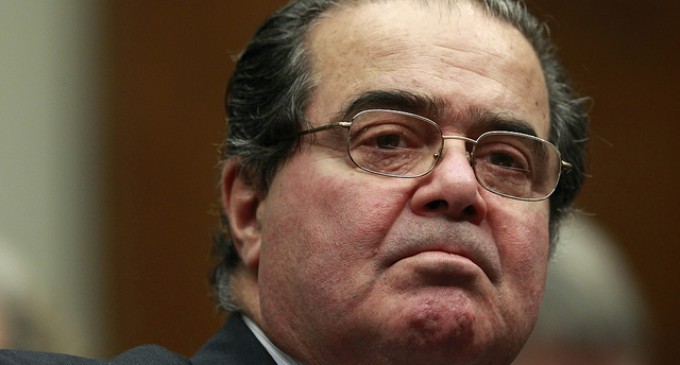
Constitutional giant Antonin Scalia has passed away this week, and while many immediately turned toward the prospects of his replacements, less interest has been placed on the great influence that we have lost.
As the court’s most devout defender of the constitution, Antonin’s passing may very well mark the passing of the Constitution’s role as the central document through which each decision must be weighed.
With Scalia’s death, the court has been turned over its now-liberal majority, and their belief that the constitution contains what they think it ought to contain, rather than what it actually says.
Scalia often proved this point with the cutting style for which he was well known. When confronted by people who morally oppose the judge’s decisions, Scalia would respond in a way that made clear the distinctions of want and constitutional need, “I even take the position that sexual orgies eliminate social tensions and ought to be encouraged,” he once said. He never did, however, make sexual orgies a legal requirement.
In his Obergefell v. Hodges dissent, he accused the liberal judges that made up the majority of not respecting that distinction, claiming their position lacked even the “thin veneer of law.”
The loss of Antonin Scalia further explains the tragic loss for constitutionalists across the country. Move on to the next page:

“You’re”, “Too”…lol Oh, the irony!!!!!!
The problem there is that almost half will not stand and fight for freedom even if it’s their own freedom that is being fought for.
Larry Del Pizzo , sad but true.